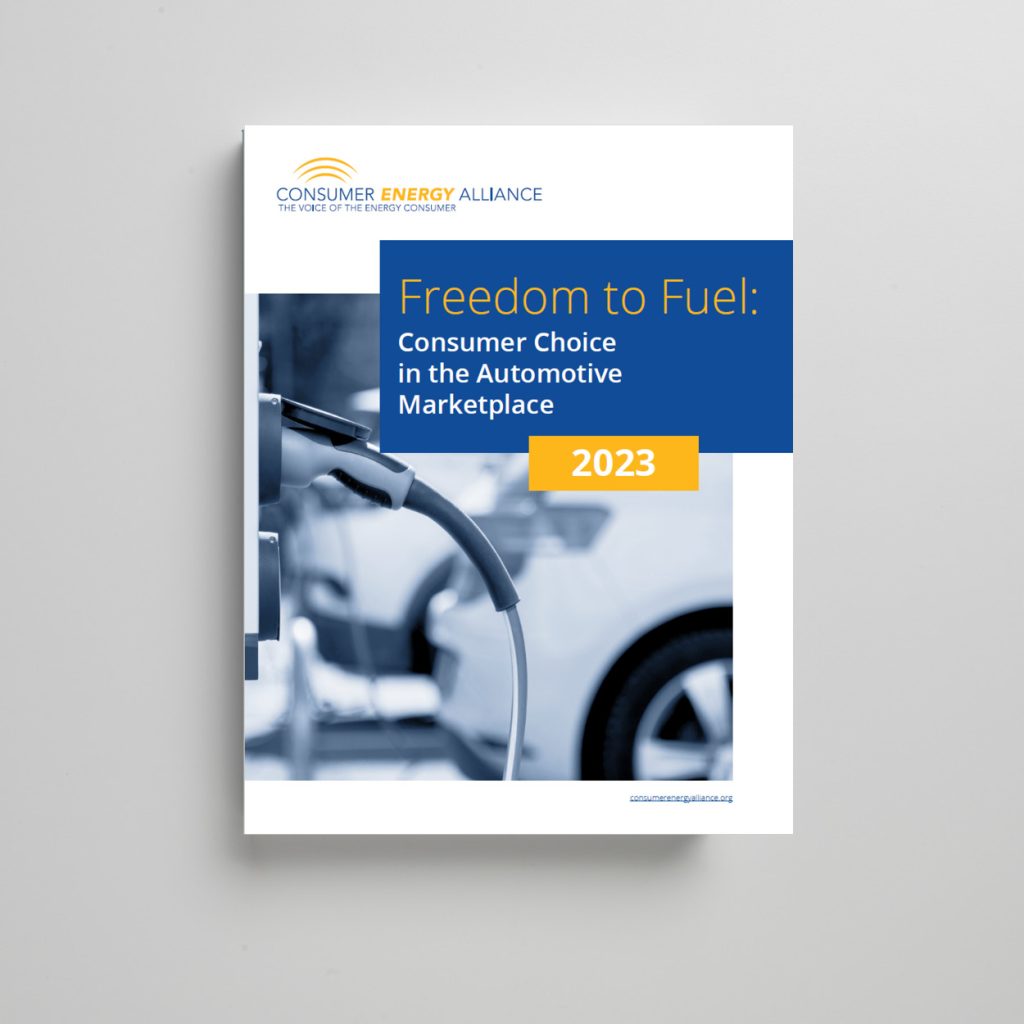
ABOUT THE CAR BAN
Today, Delaware drivers can shop around and pick the car that fits their lifestyle and their budget—but not for long.
Policymakers in Dover are pushing to ban gas-powered cars this year by finalizing a new regulation requiring the sale of only electric vehicles (EVs) by 2035. This government overhaul of the automotive market could be catastrophic for families and businesses.
Delawareans do not want it. Many cannot afford it. And the state’s EV infrastructure and electric grid are not prepared for it.
We are working to raise awareness among Delawareans so they encourage their state elected officials to pump the brakes on the reckless car ban and consider the damaging consequences for Delawareans.


This mandate would threaten investments in the state’s only refinery in Delaware City, potentially putting hundreds of union jobs at risk. It could also inhibit the ability of Delaware to diversify into low-carbon fuels like biofuels or hydrogen. As a result, if finalized, the car ban could cause regional fuel disruptions and price spikes.

Delaware’s proposed car ban is speeding through the regulatory process, and there is limited time to stop the ban before it is finalized. That’s why it’s so important that Governor John Carney and other state elected officials hear from their constituents. We are working to educate Delawareans about the damaging consequences of the car ban so that policymakers will pump the brakes.

The household per capita income in Delaware is $38,917; the average cost of an EV is more than $60,000, nearly $15,000 more than a traditional vehicle. Banning gas-powered cars and forcing consumers to purchase EVs will disproportionately burden low- and middle-income earners, as well as seniors and those on fixed-incomes, who may not be able to afford new EVs or at-home chargers. Another poll found that “banning traditional vehicles is unacceptable to a majority of Delawareans who recognize they are unable to afford electric vehicles (EVs) and charging stations.”

No, Delaware does not have the infrastructure to support policymakers’ proposed ban on gas-powered cars. Efforts to expand the EV market rely entirely on infrastructure that does not yet exist in the state. For context, Delaware has more than 800,000 licensed drivers, with only 167 public charging station locations.
If Delaware’s policymakers proceed with banning gasoline and diesel-powered vehicles without the requisite charging infrastructure to support EV deployment, they will imperil the state’s electric grid—creating issues for reliability and likely increasing consumer costs.
New and additional infrastructure in Delaware’s EV charging network is necessary to support widespread adoption, including upgrades to existing charging locations and major transmission and distribution system updates. It’s likely these costs will be borne by consumers.

Delaware’s proposed EV mandate will ban the sale of new gasoline and diesel-powered cars by 2035, requiring the sale of only “zero-emission” cars – or electric vehicles – by 2035.

No. A statewide poll found that only 2% of Delawareans want to “ban” or “limit” the number of gas-powered vehicles allowed that can be sold in the state.
Those findings are reinforced by consumer demand for EVs in the state, where there are an estimated 5,390 registered EVs. According to the auto industry, EVs accounted for only 3.75% of Delaware’s new vehicle sales in 2021, and EV sales would need to increase by more than 5,000% to meet the mandate in 2035.
Alternatively, that same poll found that 62% of Delawareans surveyed agreed that “an incremental approach to getting more electric vehicles on the road makes more sense for Delaware residents and the gradual build up will allow for the market to fix itself along the way.”
OUR REPORT
Too often, the consumer is completely left out of policy conversations, and that is certainly what we’re seeing in several states where policymakers are rushing ahead with proposals requiring the market to adopt electric vehicles. State elected officials are pushing these policies without regard to the real-world implications these mandates will have on consumers, grid reliability, or the economy.
Our report, “Electric Vehicle Mandates Carry Major Price, Electricity Supply Risks That Must Be Addressed to Avert Potential Harm,” describes the unintended consequences as state policymakers rush to ban gasoline and diesel-powered vehicles, forcing consumers to purchase EVs before they have the requisite infrastructure.
To view the national report, click here, or to view our national press release, click here.
For information on Delaware, click here.




